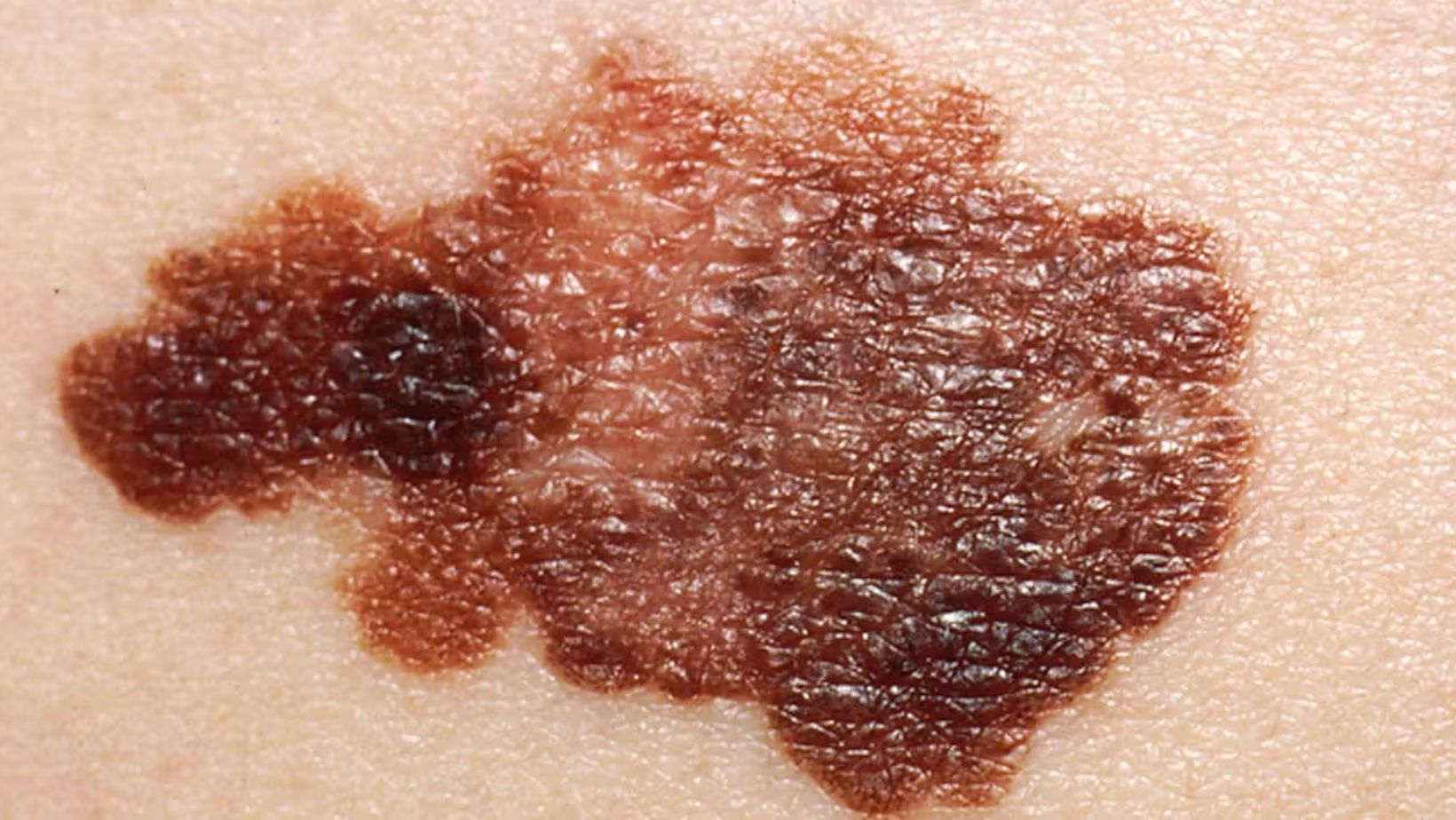A Ludwig Maximilian University (LMU) research team has uncovered groundbreaking insights. A specific protein interaction influences tumor development in melanoma, the deadliest form of skin cancer. The study, led by pharmacologists Professor Christian Grimm and Dr. Karin Bartel, highlights the role of the ion channel TPC2 and the enzyme Rab7a in promoting its growth and metastasis, offering potential avenues for new treatments.
Melanoma: The Deadliest Form of Skin Cancer

Melanoma originates in melanocytes, the pigment-producing skin cells, and remains the most lethal type of skin cancer. One of its primary causes is prolonged exposure to ultraviolet (UV) radiation from sunlight or artificial sources, which triggers genetic mutations that lead to tumor formation.
Researchers at LMU focused on the molecular processes behind this tumorigenesis and discovered a critical connection between TPC2 and Rab7a. This interplay drives the growth and spread of its cells, shedding light on the disease’s cellular mechanisms.
The Role of TPC2 and Rab7a in Melanoma
TPC2 is an ion channel that regulates the breakdown of proteins within endolysosomes, the cell’s transport and degradation organelles. Mutations that enhance TPC2 activity have been linked to traits like fair skin, blond hair, and albinism, which heighten susceptibility to UV radiation and melanoma. In contrast, a loss of TPC2 activity reduces its risk.
Rab7a, another protein critical to the endolysosomal system, emerged as a significant regulator of TPC2. Earlier proteome studies identified Rab7a as a potential interaction partner for TPC2. Using advanced techniques like patch-clamp electrophysiology and fluorescence microscopy, the team confirmed that Rab7a amplifies TPC2 activity, promoting the growth and invasiveness of its cells.
In Vivo Evidence and Hope for New Treatments
The team’s findings extended beyond lab experiments. In mouse models with melanoma cells lacking Rab7a or TPC2, tumor size, and metastasis were significantly reduced. This in vivo evidence reinforces the critical role of the Rab7a-TPC2 interaction in its progression.
“Rab7a amplifies TPC2 activity, which reduces the levels of a specific protein that stabilizes a transcription factor critical to melanocyte and melanoma proliferation,” explained Professor Grimm. “This highlights a unique opportunity for therapeutic strategies targeting these signaling pathways.”
As melanoma cases continue to rise, this research opens doors to innovative treatments aimed at disrupting the Rab7a-TPC2 interaction, potentially halting the spread of one of the deadliest cancers. The LMU team’s work represents a significant step forward in understanding its biology and fighting this aggressive disease.
Reference: Carla Abrahamian, Rachel Tang, Rebecca Deutsch, Lina Ouologuem, Eva-Maria Weiden, Veronika Kudrina, Julia Blenninger, Julia Rilling, Colin Feldmann, Solveig Kuss, Youli Stepanov, Anna Scotto Rosato, Guadalupe T. Calvo, Maria S. Soengas, Doris Mayr, Thomas Fröhlich, Thomas Gudermann, Martin Biel, Christian Wahl-Schott, Cheng-Chang Chen, Karin Bartel, Christian Grimm. Rab7a is an enhancer of TPC2 activity regulating melanoma progression through modulation of the GSK3β/β-Catenin/MITF-axis. Nature Communications, 2024

